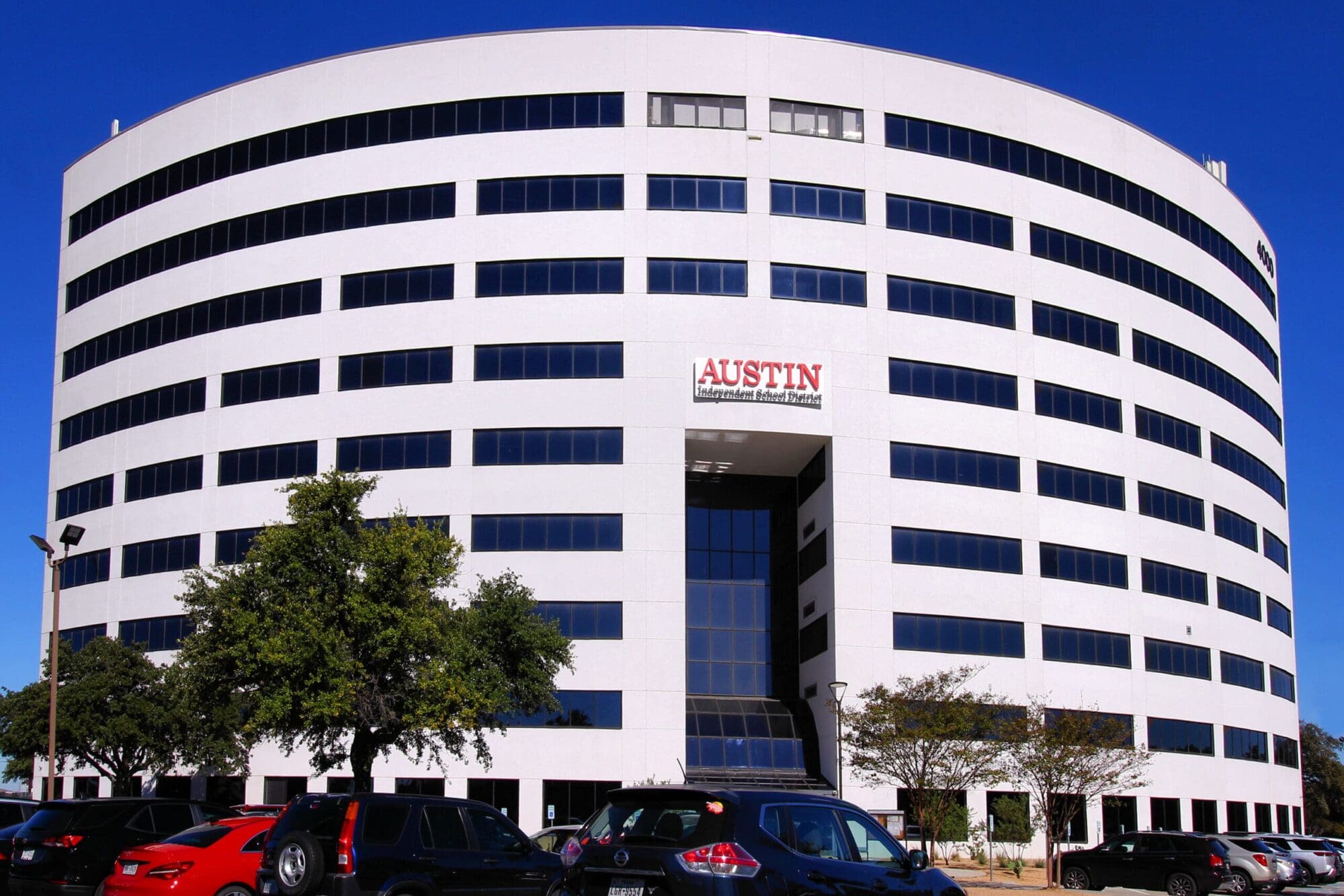Houston METRO’s board is set to approve the allocation of $10 million towards the city’s new homeless initiative at its Thursday meeting. METRO deferred to city officials as to how the money would be spent calling them the “professionals.”
Last year, Mayor John Whitmire announced a plan to address homelessness by getting people off the street. The initiative would cost taxpayers $70 million.
Houston is currently facing a $300 million budget deficit.
On Wednesday, the Houston City Council approved the creation of the “Initiative to End Street Homelessness Fund,” which is starting with a zero balance and will receive revenue from various sources, including the general fund, county, state, or federal funds, METRO, TIRZs, management districts, philanthropic sources, corporate partners, and others.
According to the new ordinance, funding may be used to move homeless people from encampments into supportive services. New rehousing hubs to offer services will open across the region and public areas will be reclaimed and restored for community use.
A spokesperson for the Housing Department wrote to ABC 13 that funding from METRO would help provide access to support for those in need of housing interventions and other services. The department said that the money would also help cover maintenance expenses when homeless camps are removed from public spaces.
“At this time, we are unable to provide a full breakdown of the intended uses of the funds. However, we can confirm that these resources will be instrumental in enhancing our targeted efforts to establish proper ‘front doors,’ key access points of immediate support for those in need,” wrote the spokesperson for the Houston Housing Department.
The assistance comes as part of the recently announced METRONow initiative that has METRO spending $200 million to increase ridership and improve the “customer experience.”
METRO will be contracting an outside firm to audit the agency’s resources. The new initiative replaces a plan called METRONext that was approved by voters.
According to the METRONow plan, METRO will spend millions to hire police officers to increase patrols on buses and trains, as well as add lighting, fencing, and surveillance technology. The plan calls for adding 350 new buses and spending $2.4 million on cleaning efforts.
No ads. No paywalls. No government grants. No corporate masters.
Just real news for real Texans.
Support Texas Scorecard to keep it that way!





